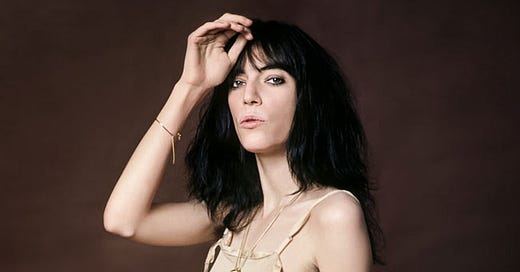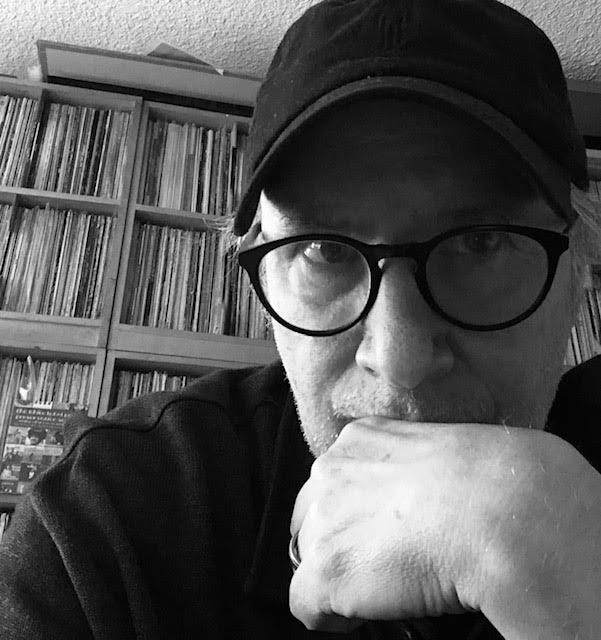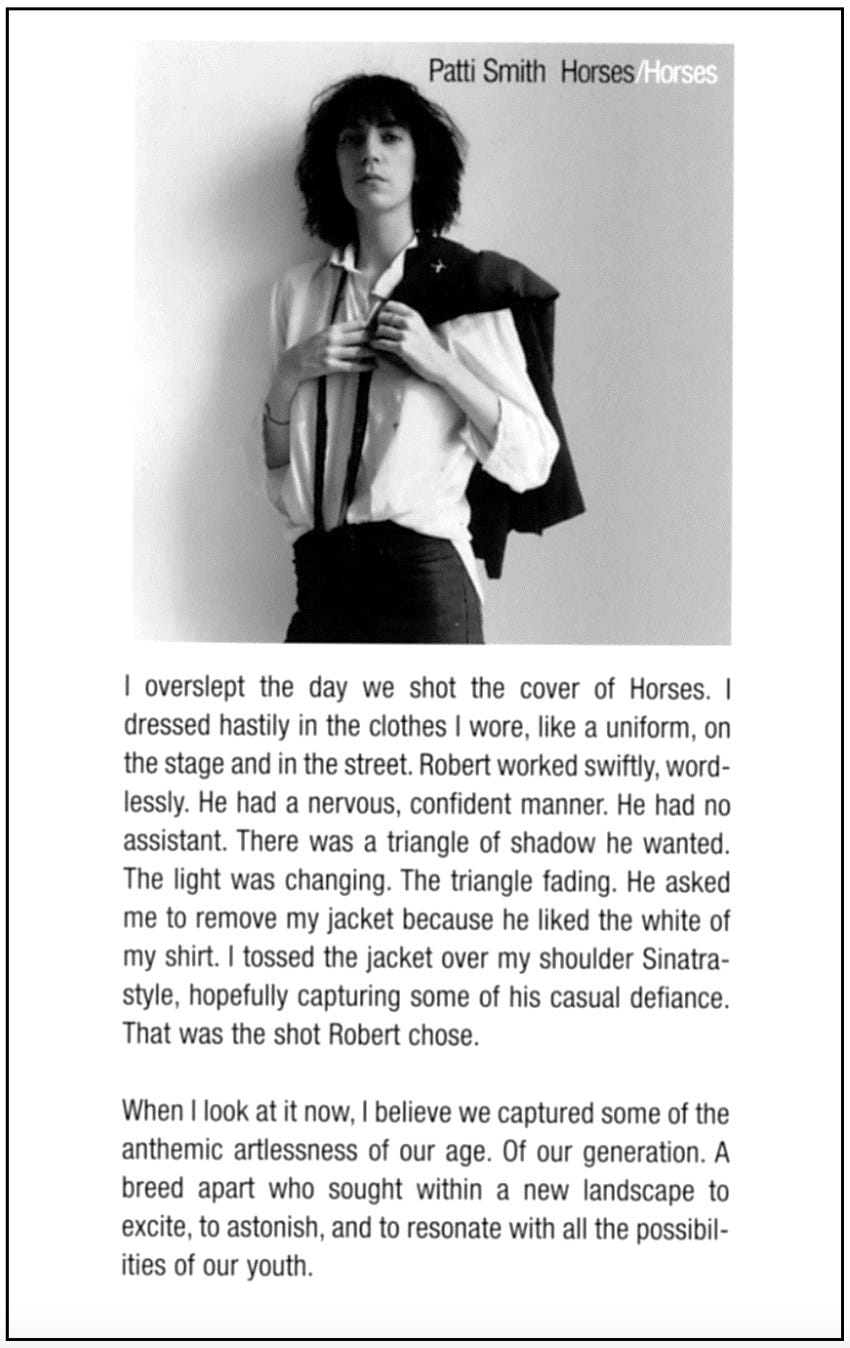Music veteran turned author Mitchell Cohen is gearing up for the release of his new book Looking for the Magic hitting the stands on June 10th, published by Trouser Press Books. The book takes a deep, captivating look at the history of Arista Records, a label he spent a good chunk of time at, starting with the history of Bell Records and how it led into the early days of Arista and beyond. Cohen focuses on the sixties through the mid-eighties, which covers the years the label worked with some of the greatest musicians the world has ever known including The Kinks, Aretha Franklin, Gil Scott-Heron (trivia note: first artist signed to Arista), Donovan, The Grateful Dead (shout out to Ulf), Al Greene, Iggy Pop, Lou Reed and on and on.
And while many of these musicians hit Arista during mid-to-late career moments…finding regained success with Arista’s formula of working with such artists, they also helped establish some pretty incredible legends including Heron, Anthony Braxton and maybe the greatest example: Patti Smith. In Patti Smith, the executives at Arista saw a superstar (smart on them!). Cohen has been gracious enough to let The Signal publish an exclusive excerpt from Looking for The Magic (which can be preordered online now) that tells some of the story of Patti Smith’s rise from street poet to punk/rock n roll icon. Enjoy…..
~~~~
While on tour in May 1976 promoting her second album, Radio Ethiopia, Smith took a tumble from a Tampa, Florida, stage in the midst of singing “Ain’t It Strange.” Her injury (broken vertebrae in her neck) kept her on the sidelines for about a year, but she was back in the studio in ’77 working on the album that would become Easter with producer Jimmy Iovine. Also toiling away at the Record Plant in Manhattan was Bruce Springsteen, working on the legally stymied, long-delayed follow-up to Born to Run. As was his custom, Springsteen wrote and began recording far, far more songs than he had any intention of using on his album, and Iovine, who was engineering the Springsteen sessions, bouncing from room to room at the Record Plant, thought one song, “Because the Night,” might be right for Smith. Springsteen gave his okay, and Iovine gave Smith a cassette, but it took her a while to get around to listening to it. She was, justifiably, somewhat skittish about doing a Springsteen song. The album she was making already had some terrific new songs: “25th Floor,” “Till Victory,”
On the night before New Year’s Eve 1977, the Patti Smith Group, now back in action (they’d played a gig the previous month in New York’s Hayden Planetarium), took the stage at the short-lived CBGB’s Theater on Second Avenue, the former site of the Anderson Theatre, a downtown venue of some importance before Bill Graham opened up the Fillmore East nearby. It was Smith’s 31st birthday. The set, opening with the Velvet Underground’s “We’re Gonna Have a Real Good Time Together,” featured a take on the Ronettes’ “Be My Baby” and a half-dozen songs that would, in due time, appear on Easter. One of those songs was “Because the Night,” and its co-author, Bruce Springsteen, came out to join her and the group, a surprise in a couple of ways. First, Springsteen had been in his bunker agonizing over Darkness on the Edge of Town and hadn’t done a live gig since August. (The following night, he popped up in Jersey to do some songs with Southside Johnny and the Asbury Jukes). Second, “Because the Night.” It was a song that sounded instantly inevitable, something so perfect for Patti Smith, yet so recognizably Bruce Springsteen, and shockingly commercial. It was the holiday break, and not many Arista people were at the show, but a few fans from the label did turn out, including Andy McKaie and Melani Rogers from the label’s publicity department (“I went backstage to give her a gift,” Rogers recalls, “an Asian blouse in black satin”). When they got back to the office on January 2, they passed along the word that everyone should be prepared for a hit single from Patti Smith. “It was one of two things Patti always wanted,” Rogers says. “That, and sitting on the couch and talking with Johnny Carson on The Tonight Show.”
“Because the Night” saw the light of day in March 1978, and if there is one track, 200 seconds of music, that is the platonic ideal of the Arista single, this would be it. It’s rock and pop, polished and urgent, dramatic and catchy. It had some of the melodrama of Shadow Morton’s productions of the Shangri-La’s (and Smith’s voice bore some resemblance to the yearning throb of Mary Weiss). Without giving up an inch of her autonomy, without singing an “outside song” (Smith had always peppered her sets with covers, from “Mack the Knife” to the Marvelettes, and would occasionally toss them onto B-sides), she, Iovine and her band achieved something Clive Davis must have longed for when he signed her, a genuine breakthrough, consistent with how she wanted to be perceived. To this day, Lenny Kaye says, “We’re proud to play it. I mean, Bruce did give it its hook and its sensibility, but I know Bruce’s demo, it’s got a nice little Latin sashay to it, but we made it a rock song and with no apologies.”
Arista sales exec Jim Cawley recalls, “It was a fascinating situation. What I remember about ‘Because the Night’ is two markets in particular that jumped out, Philadelphia and Boston. The big Top 40 station in Boston, WRKO, added the record, and because Boston is Boston, and you have all those people who love progressive music, it really struck a note. You had it on the Top 40 station and you had tremendous airplay on WBCN, the rock station. In Philadelphia, you had WFIL, the big Top 40 station, and also you had WMMR, WYSP. That was such an incredible experience, because I was able to speak constantly to the two marketing managers and find out what was going on. What you yearned for at Arista were things like Patti Smith, which came to fruition with ‘Because the Night.’ It was as cool as anything.”
“I was at Jimmy Iovine’s 40th birthday party,” Arista’s Abbey Konowitch says, “and Bruce spoke. He said, ‘It’s unbelievable that Jimmy convinced me it wasn’t that special, and I didn’t need it. And not only did he give it to Patti Smith, but he let her change some of the lyrics, so she got some of my publishing.’”
It got her added to the playlist at powerhouse pop station WABC-AM in New York; Easter became a Top 20 album; Annie Leibovitz shot her for the cover of Rolling Stone; and Arista threw her a party at Max’s Kansas City where, true to form, she concluded her performance by jumping on the tables and kicking around glasses and silverware. Barry Taylor and Alan Wolmark reported on the festivities for their New Wave News column in Record World: “Patti went berserk and it was a joy to see. ...The band was better than we've ever heard them, Patti looked more magnificently grotesque than ever, and the evening of good food and music ended splendidly with an incomparable rendition of the now-standard ‘You Light Up My Life.’”







